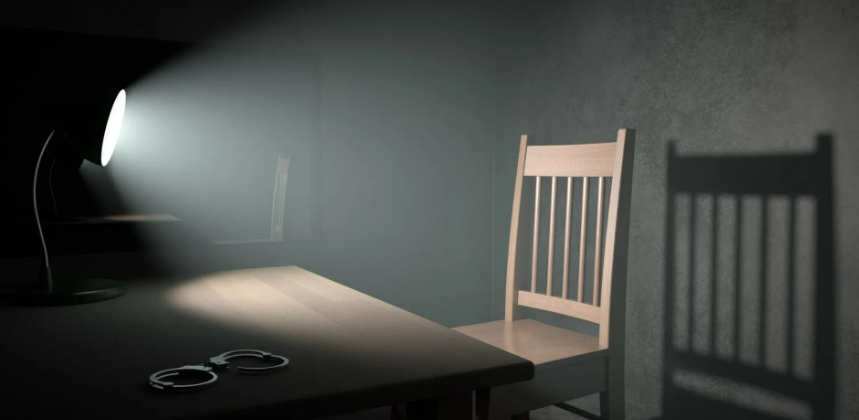Massachusetts Bill Bans Deceptive Interrogation Tactics
Legislation was reintroduced in an effort to combat wrongful convictions

Massachusetts state legislators (Representative Kate Lipper-Garabedian (D-Middlesex) and Senator Patricia D. Jehlen (D-Middlesex) introduced legislation to prohibit law enforcement officials from using deceptive tactics during interrogations, which have been known to coerce false confessions or unreliable incriminating statements.
An Act Preventing False Confessions (S.1136/H.1487) would also require officers to record custodial interrogations, a recommendation handed down by the Supreme Judicial Court in 2004 in Commonwealth v. DiGiambattista, and something many jurisdictions already implement. If the legislation is passed, Massachusetts would become a leader in banning and preventing law enforcement from knowingly or recklessly lying to obtain confessions from either juveniles or adults.
Massachusetts is among 40 states where there are no laws preventing police from using deceptive tactics during questioning, such as falsely claiming that physical evidence points to someone’s guilt. These psychological tactics can intimidate individuals into making false confessions, often leading to wrongful convictions. Since 1989 false confessions have resulted in more than 400 wrongful convictions across the country.
“Massachusetts has an opportunity to be a national leader in ending deceptive interrogation tactics – a practice that undermines the integrity of our criminal legal system,” said Rep. Lipper-Garabedian. “An Act Preventing False Confessions would be a vital step forward in safeguarding the rights of individuals in Massachusetts and preventing wrongful convictions before more innocent people lose their liberty and real perpetrators continue to pose a danger in our communities.”
“Innocent people, particularly vulnerable ones like youth, people with disabilities, and English language learners, are too often subjected to psychologically coercive techniques during law enforcement interrogations,” said Sen. Jehlen. “By prohibiting deception and requiring the recording of interrogations, Massachusetts can improve transparency, accuracy, and consistency in our criminal legal system. This would not only protect those at risk of being coerced into false confessions, but also strengthen public safety.”
In Massachusetts, over 90 innocent men and women have spent a combined total of over 1,273 years in prison for a crime they did not commit. Correcting wrongful convictions have already cost taxpayers millions of dollars in civil settlements and state compensation awards. Additionally, they create a false sense of security while an innocent individual endures the consequences of unjust incarceration.
You can read more the use of deceptive tactics from members of law enforcement and the Act Preventing False Confessions in "Massachusetts Legislators Want to Discourage Police From Lying to Suspects" from Governing, which provides news, analysis and insights for the people making government work.










